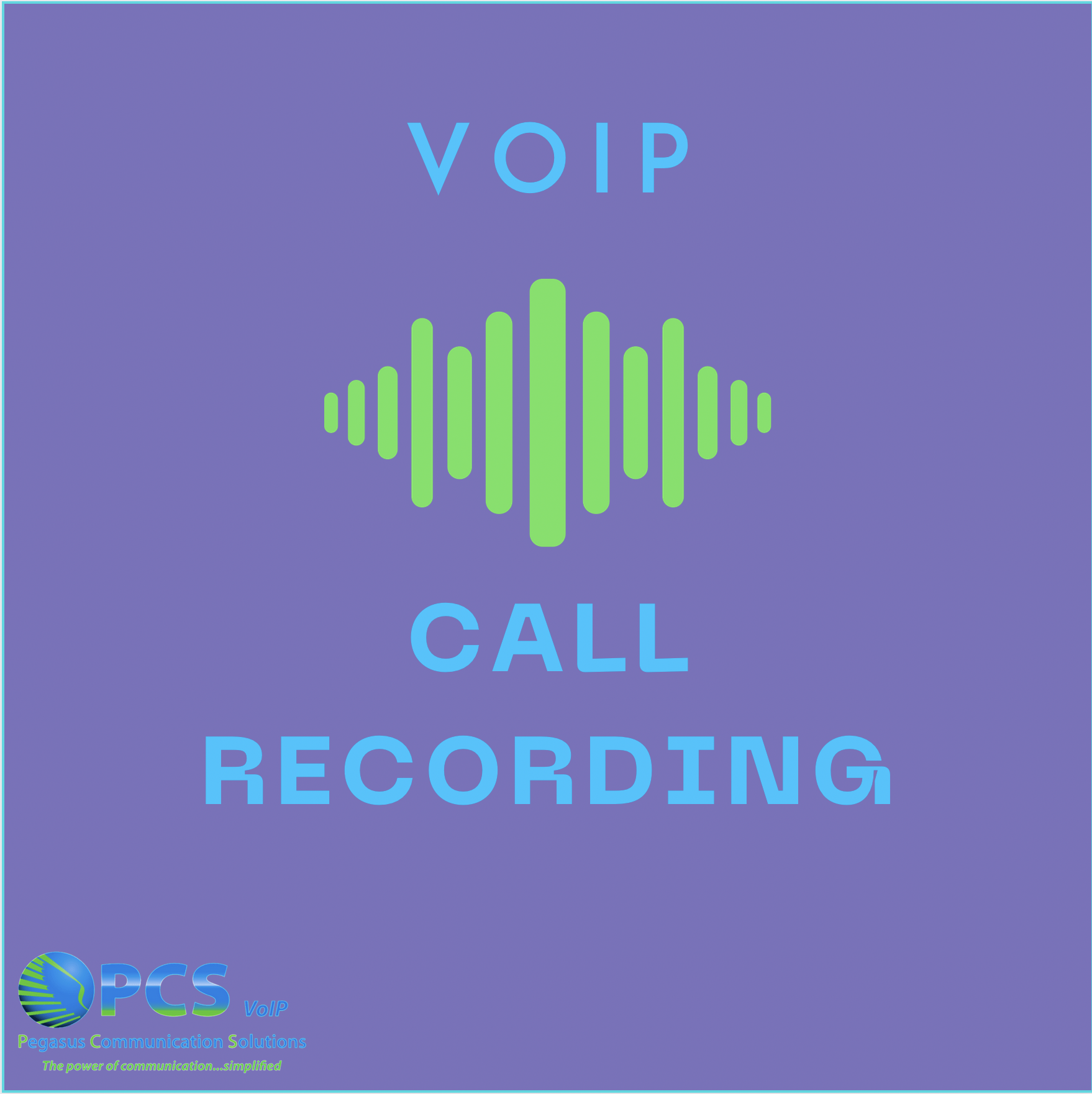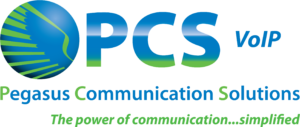
When you are on a call with a client, you might be taking notes to remember the details of the conversation. But sometimes, note taking becomes a distraction in itself. That’s where business VoIP call recording comes in. This technology allows you to reliably record both sides of a telephone conversation.
VoIP call recording is a secure way to record audio files of a phone conversation in the cloud. Both incoming calls and outcoming calls can be recorded. After the call has been recorded, you can go back and play it as many times as you would like. Your conversations should be available for playback as soon as you end the recording session. Since it’s saved to the cloud, it will be easy to find.
Calls can be recorded using a few different methods:
Start recording in real-time by activating the record button before or during a call. Recording can also be paused this way.
Calls can also be recorded with a technique called “look back,” where the entire call is recorded, even if the recording command is sent after the call has started.
Once the call record function has been activated, all inbound and outbound data is captured and converted into voice data files. However, calls can be recorded in different formats, and usually converted from one format to another easily. They can also be tagged with important information. Additionally, some information is automatically tagged, like the phone number and the time of the call.
Improve customer support quality — Businesses often record calls for customer support quality assurance. Managers can review these calls to ensure customer support representatives are taking part in productive conversations. That way, managers can pinpoint any aspects of the process that should be improved upon. Since calls are recorded and automatically saved in the cloud, you can always refer back to recorded calls for future usage if needed.
Boost employee performance — When recording phone calls for customer service purposes, you will have the added benefit of being able to keep tabs on individual performances. These recordings can be used for training purposes. Managers can use these recordings to point out where an agent is excelling and where they have room for improvement.
Identify problem areas — When you record your phone calls, you will be able to identify various patterns. If your customers respond poorly to certain items in your sales script, you can utilize that insight to adjust it as needed.
Keep call records — Your calls are a wealth of knowledge for your agents. Since recorded VoIP calls are saved in the cloud, your agents can go back to them at any time. That way, they can refer back to important details discussed in initial calls.
Dispute resolution — Recording can help you resolve potential disputes between customers and your agents. You can refer back to the call in question and see what transpired to get to the root cause of the issue.
